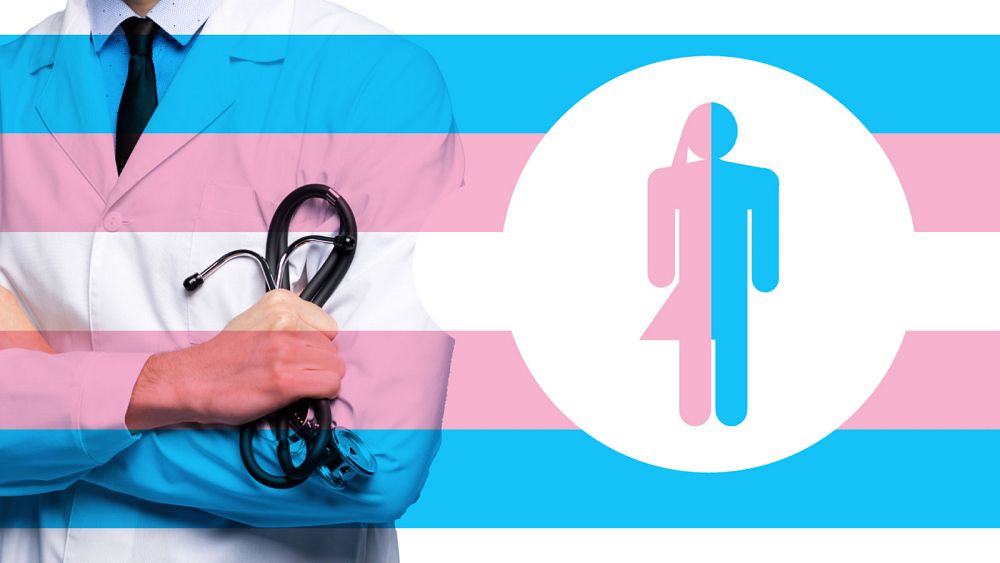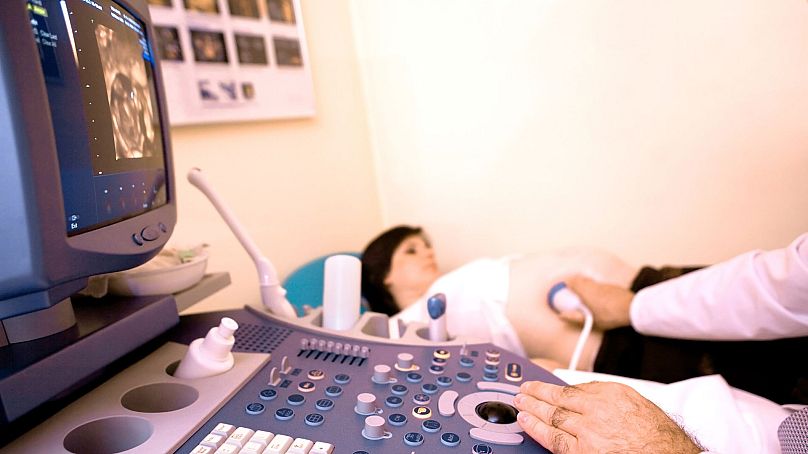
“I only treat real women” – that’s what French gynaecologist Victor Acharian told a 26-year-old transsexual woman he refused to treat in his clinic in the south-west of the country recently.
The trans woman, accompanied by her boyfriend, went to a gynaecological appointment when, after minutes of waiting, the secretary told her that the doctor had refused to see her.
“I told her that I’m not competent, but I can guide you. I can refer you to services that can take better care of you. But after I said that, things went south,” gynaecologist Victor Acharian told Euronews.
“I thought I was being honest when I said it wasn’t my speciality. I don’t know how to treat them and I don’t mind being called ignorant,” he added.
“You’re transphobic!” the young woman reportedly shouted as she left the consulting room. According to the gynaecologist, the patient began to insult his secretary, reacting violently to the refusal.
The woman’s partner, still in shock, left a comment on the clinic’s Google reviews complaining about what had happened.
The doctor replied with a message addressed to a “gentleman”, claiming that he treated “real women”.
He justified himself by saying that he had “no skills to treat men, even if they have shaved their beards and come to tell my secretary that they have become women”.
He also asked the woman to take it upon herself to tell other trans people that they were not welcome in his clinic.
After the incident, the patient was reported to be in a ‘black hole’ and still in ‘shock’, according to the French press.
Dr Acharian admits he lashed out with the online comments, but says his reasoning for not seeing the patient is still justified, and highlights an underlying problem for medical professionals.
“I reacted spontaneously, out of anger, and I felt I’d been unfairly attacked. I reacted with very clumsy words that may have offended. I’m well aware of that, I’ve expressed my regrets on several occasions,” said Acharian.
“Now the situation has got out of hand, but the problem remains – these people need medical attention,” he added.
But the controversy is raging in France, and transgender rights organisations from across Europe have come to the patient’s defence.
“It is brutal to deny the right to health, it is a universal right that all citizens have,” Mar Cambrollé, president of the Trans Platform Federation in Spain, told Euronews.

‘A cavity is not a classic vagina’
Although gynaecology is still associated with specialised care for women, it’s not that simple anymore.
Doctors claim that a lack of knowledge makes it difficult for them to treat transgender people, while 50% of transgender people cancel or delay their medical appointments to avoid discrimination, according to the latest report published by Doctors of the World in collaboration with the Spanish Federation of Lesbians, Gays, Transsexuals and Bisexuals.
“Just because it’s a cavity doesn’t mean it’s a classic vagina,” Acharian explains, admitting his lack of knowledge about trans patients. The doctor claims that this person was the first trans woman he had seen in his thirty years of practice.
The challenge for medicine is to find new ways of dealing with changing social norms, as trans people are still under-represented in medical curricula – but the story is changing.
Since September 2021, a conglomerate of three French universities started providing training for trans healthcare. The aim is for medical professionals to develop an understanding of trans people’s healthcare.
Béatrice Denaes, co-president of the association Trans-Santé France, pointed out in a French medical newspaper that doctors who are ‘competent, caring and willing’ to treat trans people are still rare, and that she receives ‘many emails from desperate trans people’.
Acharian echoed the desperation the community may feel – stating that the lack of follow-up by the medical establishment may leave some trans people “on their own, wandering for health care”.

‘More and more’ trans people
All this at a time when the number of transition requests is on the rise.
For 2020 in France, around 3,300 people were recognised by the health insurance scheme as having a long-term condition for “gender dysphoria”, ten times more than in 2013, according to a report submitted in January 2022 to France’s Ministry of Health.
“As more and more trans patients are coming, it is the responsibility of the country’s health authorities to be aware of this and to take them into account so that they can deal with this problem,” Pernille Ravn, a member of the European Society of Gynaecology and a gynaecologist at Odense University Hospital in Denmark, told Euronews.
“There is no recommendation for a trans woman to have regular gynaecological check-ups, unless she has a surgical problem related to the operation, because she doesn’t have a uterus or a cervix,” she added.
However, Ravn said that trans women can have issues related to their surgery that require some kind of gynaecological assessment, so it’s important to have specialists with knowledge in this area.
All the reports suggest that health professionals will one day have to treat trans people.
Without proper training, these professionals “run the risk of adopting inappropriate attitudes that are not necessarily transphobic in intent – but have the same negative effects”.





